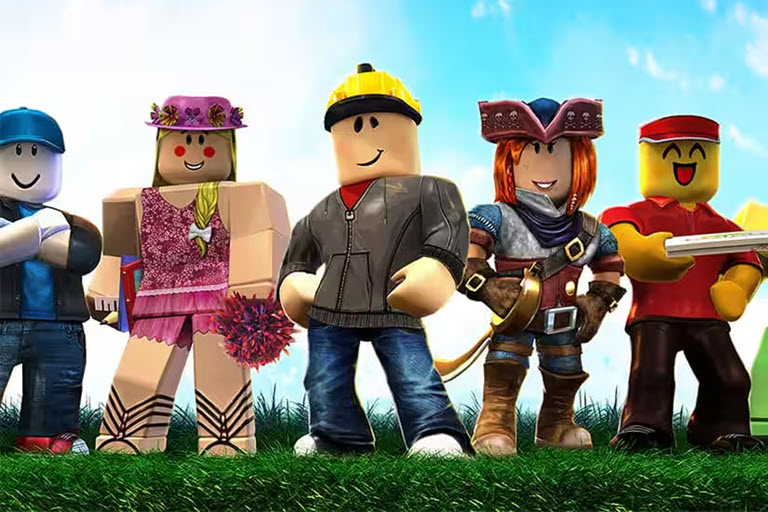Our Roblox Codes & Guides
Roblox has become a global force in online gaming, originating from the vision of founders David Baszucki and Erik Cassel, who aimed to build a platform where creativity could flourish. Originally known as Dynablocks, the project officially launched as Roblox in 2006, evolving from a basic game development tool into a massive online ecosystem. Today, it enables millions of users around the world to create, share, and play games made entirely by other players, redefining the way people engage with interactive entertainment.
Origins and Development
Roblox, launched in 2006 by founders David Baszucki and Erik Cassel, evolved from its origins as Dynablocks into a global gaming platform where millions create, share, and play user-generated games, building on the duo’s earlier work in educational software at Knowledge Revolution to foster a vibrant, ever-expanding virtual universe that empowers creativity and community collaboration.
Growth and Evolution:
Launched in 2007 with the “Roblox” name and ROBUX virtual currency, the platform established a player-driven economy, followed by the 2011 Developer Exchange (DevEx) program that let creators convert ROBUX to real money, boosting content creation; the 2013 mobile release expanded its audience, and in 2015, Roblox Studio’s enhanced tools were opened to all users, further democratizing game development.
Narrative and Gameplay
Unlike traditional games with a set storyline, Roblox’s narrative is emergent and user-generated: Roblox games feature diverse narratives, from simple platformers to intricate role-playing games (RPGs) like Welcome to Bloxburg and Adopt Me!, where players engage in personal stories, community interactions, and scripted events, to adventure games like The Hunt and Phantom Forces, which offer overarching or mission-based narratives through quests and challenges.
Community Events:
Roblox fosters a meta-narrative through community events like annual Egg Hunts, where players search for virtual eggs tied to thematic storylines, and Live Events, such as concerts or special game releases, which create cultural moments and weave immersive stories within the platform’s dynamic universe.
Developer-Created Worlds:
Some developers craft intricate worlds with ongoing narratives, like “Jailbreak” with its police vs. robbers theme, or “Mad City” with superhero/villain dynamics.
Cultural Impact and Social Stories
Roblox has emerged as a cultural phenomenon, particularly among younger audiences, where players craft personal identities through customizable avatars, unique games, and social interactions, while vibrant fan communities amplify this by creating fan art, stories, and fan-made games that enrich the lore of popular titles within the platform’s expansive universe.
Educational and Social Narratives:
Roblox blends education and social storytelling, with educational games teaching subjects like coding, history, or physics through engaging narratives woven into gameplay, while the platform’s social features enable players to collaborate, form groups, and share experiences, ranging from simple tag games to intricate societies in titles like Brookhaven.
The Roblox Economy and Developer Stories
Roblox Economy:
The introduction of ROBUX and the Developer Exchange (DevEx) program has woven tales of entrepreneurship into Roblox’s narrative, with many developers transforming their passion into lucrative careers, some earning significant incomes, creating inspiring success stories that have become an integral part of the platform’s evolving community lore.
Controversies and Challenges:
Roblox’s narrative includes controversies over labor practices, moderation, and content appropriateness, shaping its evolving story, with efforts to ensure a safe, age-appropriate environment sparking policy changes, community debates, and an ongoing struggle against inappropriate content that continues to influence the platform’s development and public perception.
Technological and Philosophical Narratives
Roblox has pioneered user-generated content in gaming, driving narratives of democratized game development by making creation accessible to millions through Roblox Studio, challenging traditional paradigms, while its philosophy of play—centered on freedom, creativity, and player agency—empowers users to craft their own paths and stories, embodying a powerful narrative of autonomy and innovation in digital spaces.
Development Innovations
Roblox, a user-generated content (UGC) platform, empowers millions to create games, virtual items, and experiences using Roblox Studio, democratizing game development for users of all ages and fostering innovation across nearly every game genre, from simple obstacle courses to complex RPGs and survival games, with unique mechanics that thrive in its open ecosystem; similarly, Pokémon Scarlet & Violet expands the Pokémon series’ storytelling, delivering an engaging, layered narrative within a vast, interactive world, showcasing how both platforms push creative boundaries in their respective domains.
Future Stories
Roblox’s evolution, including its venture into virtual reality and ongoing growth, weaves new narratives about the future of virtual worlds, social interaction, and creative play in an interconnected digital universe, forming a rich tapestry that blends individual game stories, community experiences, developer triumphs, and a transformative platform narrative that redefines gaming, creativity, and community in the digital age.


